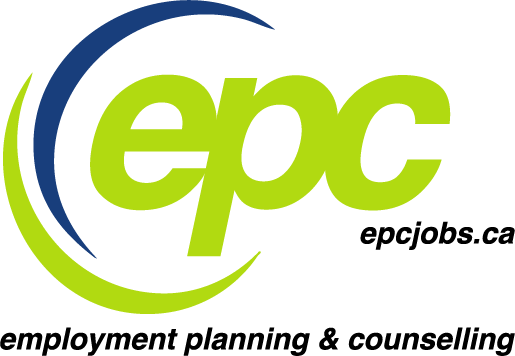Tips for Staying Current with Digital Recruitment
The process of job search used to be so simple. A hand-delivered resume, brief meeting with a hiring manager and completion of a hard-copy application form has now been replaced with digital resumes, online application forms and the development of a professional brand on LinkedIn and other social media platforms. Not surprisingly, job seekers of all ages are frustrated wondering how to keep up, fit in and compete in today’s market. While the challenges are very real and understandable, there are strategies for dealing with this transition. Hopefully, the following list will help you develop an understanding and techniques for addressing the challenges associated with digital recruitment.
Read more ...








